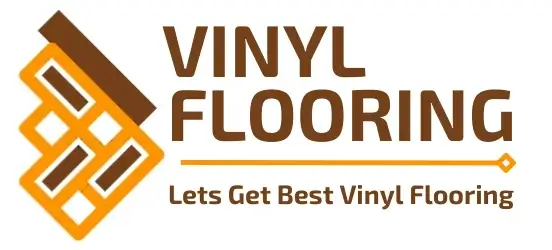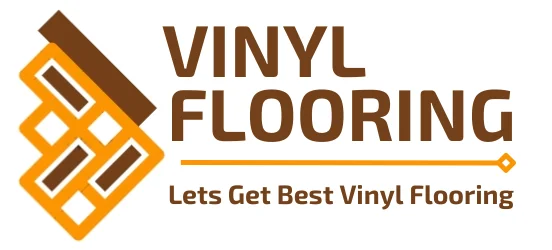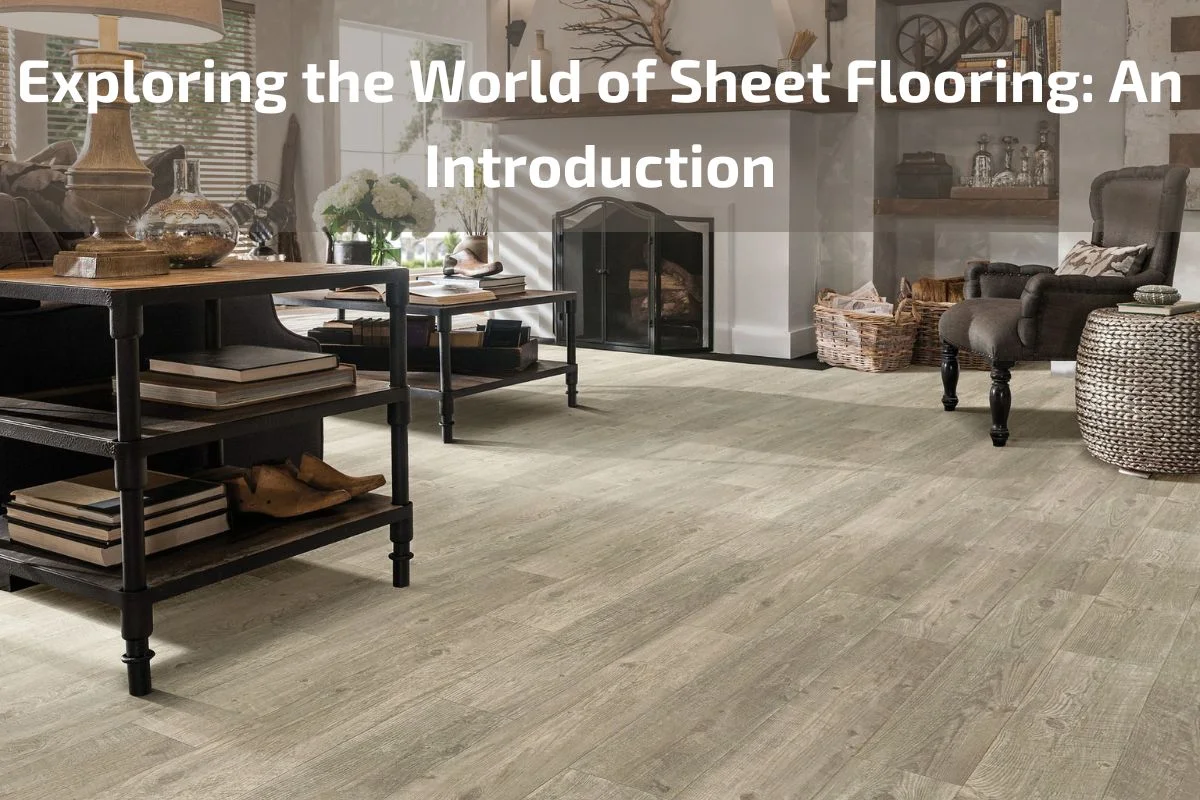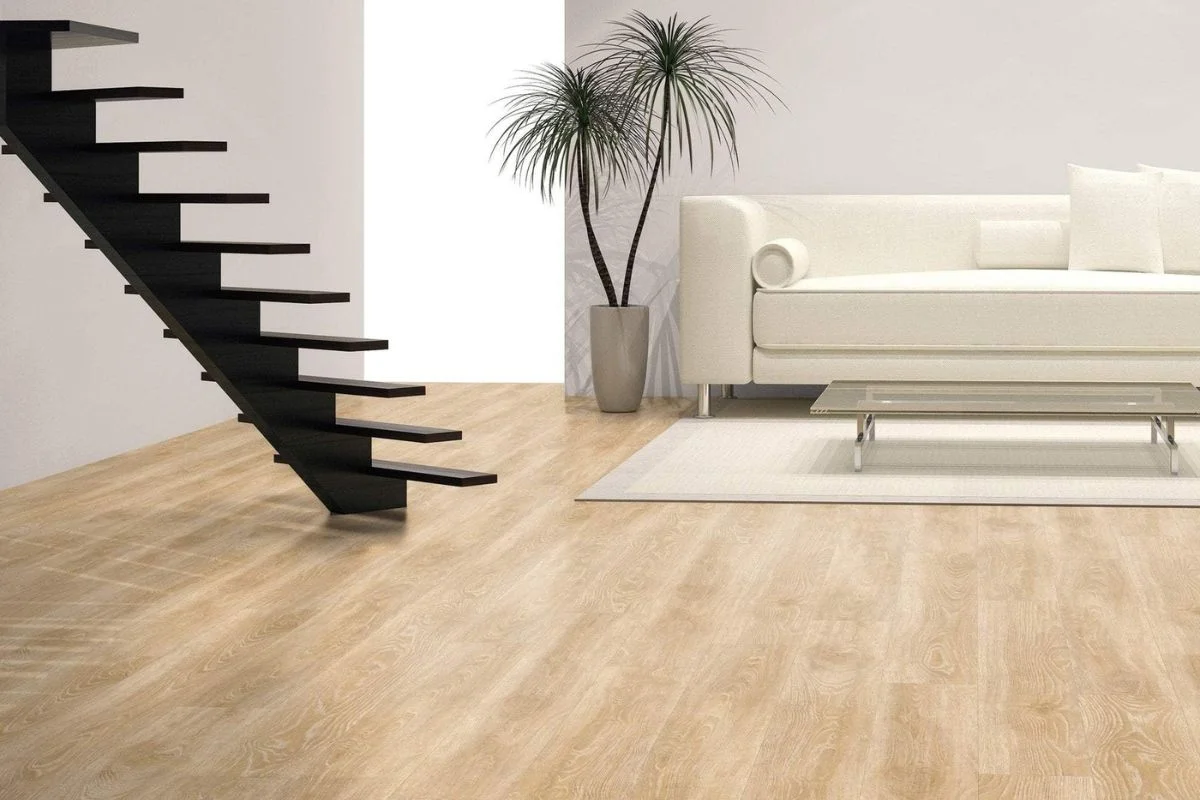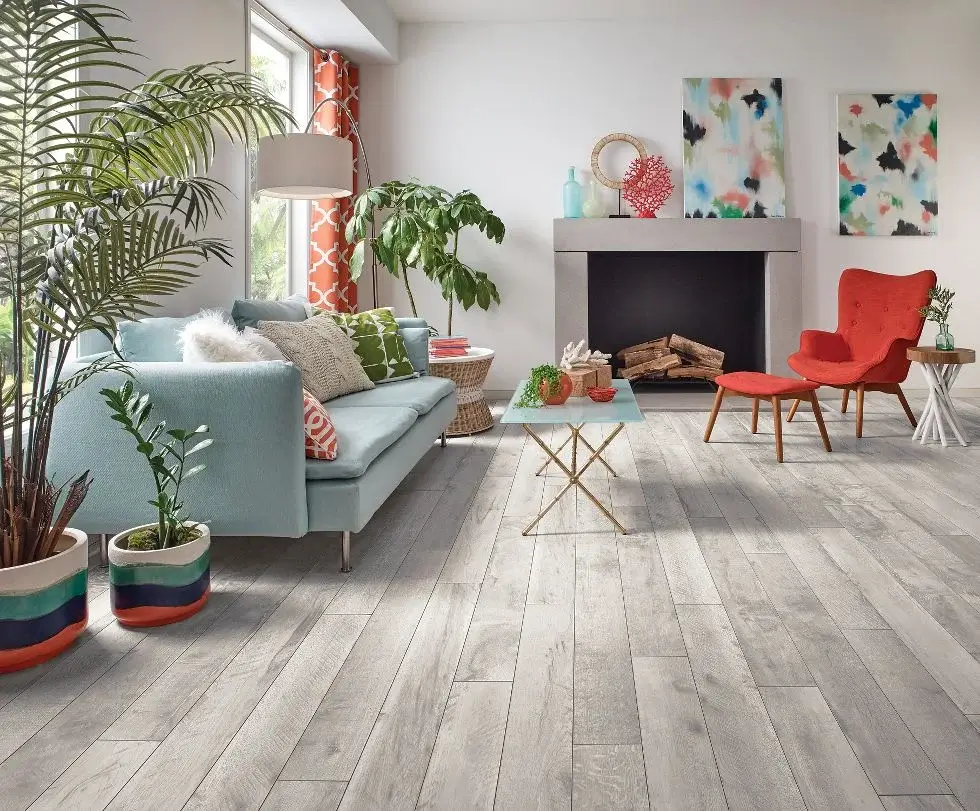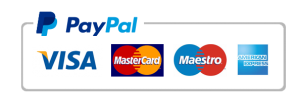Sheet flooring, also known as resilient flooring, represents a diverse and versatile category within the world of interior design. From traditional linoleum to modern vinyl and beyond, sheet flooring offers a wide range of options suitable for various residential and commercial applications.
In this introductory exploration, we delve into the world of sheet flooring, uncovering its characteristics, benefits, and potential applications. From its humble beginnings to contemporary innovations, sheet flooring has evolved to meet the changing needs and preferences of designers, homeowners, and business owners alike.
Throughout history, sheet flooring has been valued for its durability, affordability, and ease of maintenance. However, advancements in technology and manufacturing processes have expanded its possibilities, offering an array of colors, patterns, and textures that rival more expensive flooring materials.
Definition and Characteristics of Sheet Flooring
Sheet flooring, also known as resilient flooring, is a type of flooring material that comes in large, continuous sheets or rolls. It is made from various resilient materials such as vinyl, linoleum, rubber, or fiberglass, which are compressed and bonded together to create a durable and flexible surface.
The characteristics of sheet flooring include:
Seamless Installation: Sheet flooring is installed in large, continuous sheets or rolls, resulting in fewer seams compared to other types of flooring materials. This seamless installation minimizes the risk of water infiltration and dirt accumulation, making it ideal for moisture-prone areas like kitchens and bathrooms.
Durable and Resilient: Sheet flooring is known for its durability and resilience, able to withstand heavy foot traffic, spills, and daily wear and tear. It is resistant to scratches, dents, and stains, making it suitable for high-traffic areas in both residential and commercial settings.
Versatility in Design: Sheet flooring offers a wide range of design options, including various patterns, colors, and textures. It can mimic the look of natural materials such as wood, stone, and tile, providing homeowners and designers with endless possibilities to achieve their desired aesthetic.
Comfort Underfoot: Many sheet flooring materials offer cushioning and underfoot comfort, making them pleasant to walk on for extended periods. Some varieties even have sound-absorbing properties, reducing noise transmission between floors in multi-story buildings.
Easy Maintenance: Sheet flooring is relatively easy to maintain, requiring regular sweeping, vacuuming, and damp mopping to keep it clean and looking its best. Most sheet flooring materials are resistant to moisture and mildew, further simplifying maintenance tasks.
Affordability: Compared to other types of flooring such as hardwood or tile, sheet flooring is often more affordable both in terms of material costs and installation expenses. Its cost-effectiveness makes it an attractive option for budget-conscious homeowners and property managers.
Importance Sheet Flooring in Interior Design
Sheet flooring holds significant importance in interior design for several compelling reasons:
Versatility: Sheet flooring offers a versatile flooring solution suitable for various interior design styles and applications. Its wide range of colors, patterns, and textures allows designers to achieve diverse aesthetic effects, from classic and traditional to modern and contemporary.
Practicality: Sheet flooring is highly practical and functional, making it an ideal choice for high-traffic areas in both residential and commercial settings. Its durability and resilience to wear and tear make it suitable for use in spaces such as kitchens, bathrooms, hallways, and entryways.
Seamless Installation: The seamless installation of sheet flooring minimizes the presence of visible seams, creating a cohesive and visually appealing surface. This seamless appearance contributes to the overall design continuity of interior spaces, enhancing the sense of unity and flow.
Moisture Resistance: Many types of sheet flooring materials, such as vinyl and linoleum, are resistant to moisture, making them suitable for use in moisture-prone areas like bathrooms and basements. Their moisture resistance helps prevent water damage and mold growth, ensuring the longevity of the flooring.
Ease of Maintenance: Sheet flooring is relatively easy to maintain, requiring minimal upkeep to keep it looking clean and fresh. Regular sweeping, vacuuming, and damp mopping are usually sufficient to remove dirt and maintain its appearance. This ease of maintenance makes sheet flooring a practical choice for busy households and commercial spaces.
Cost-Effectiveness: Sheet flooring is often more cost-effective than other types of flooring materials, such as hardwood or tile. Its affordability makes it an attractive option for budget-conscious homeowners and property owners who want to achieve a stylish and durable flooring solution without breaking the bank.
Comfort and Acoustics: Some varieties of sheet flooring offer cushioning and underfoot comfort, making them comfortable to walk on for extended periods. Additionally, certain types of sheet flooring have sound-absorbing properties, helping to reduce noise transmission between floors in multi-story buildings.
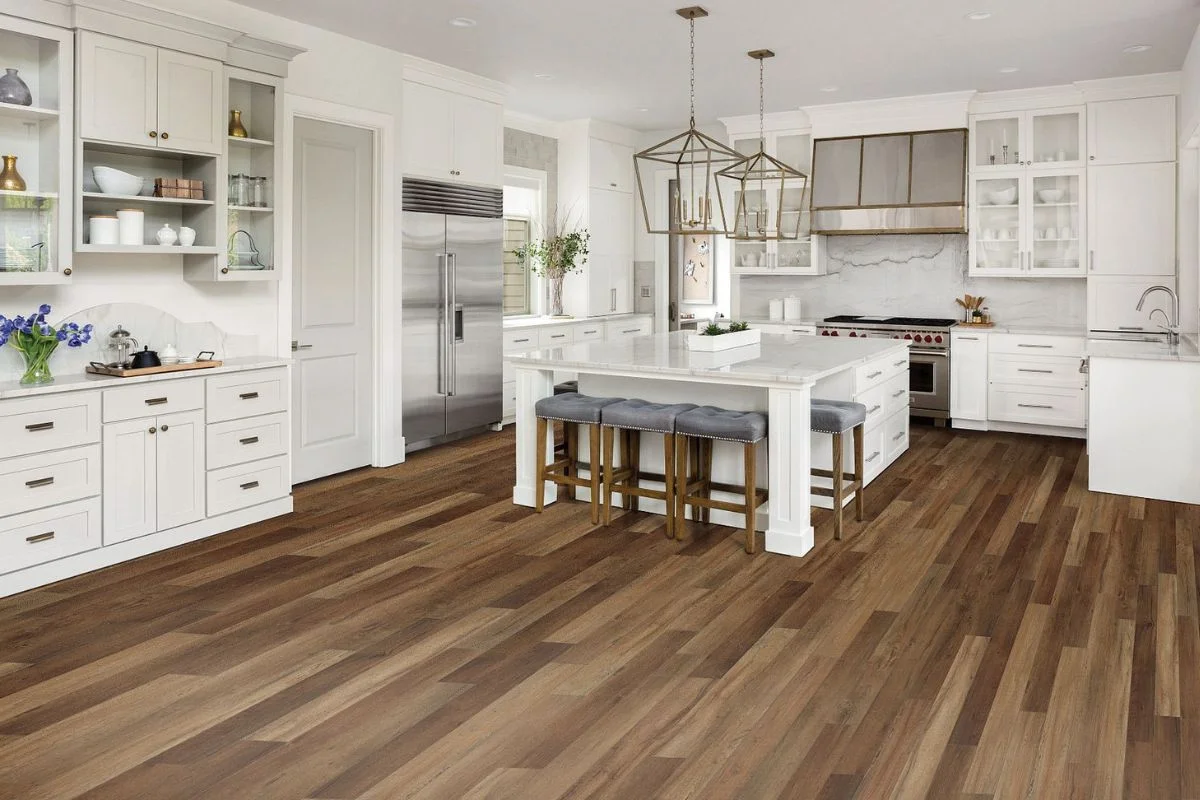
Advantages and Disadvantages of Sheet Flooring
Sheet flooring offers various advantages and disadvantages that should be considered when selecting flooring options for residential and commercial spaces:
Advantages:
Durability: Sheet flooring is known for its durability and resilience, able to withstand heavy foot traffic and daily wear and tear. It is resistant to scratches, dents, and stains, making it suitable for high-traffic areas.
Design Versatility: Sheet flooring comes in a wide range of colors, patterns, and textures, allowing for diverse design possibilities. It can mimic the look of natural materials such as wood, stone, and tile, providing flexibility in achieving desired aesthetics.
Seamless Installation: The seamless installation of sheet flooring minimizes the presence of visible seams, creating a cohesive and visually appealing surface. This seamless appearance enhances the overall design continuity of interior spaces.
Moisture Resistance: Many types of sheet flooring materials, such as vinyl and linoleum, are resistant to moisture, making them suitable for use in moisture-prone areas like bathrooms and kitchens. Their moisture resistance helps prevent water damage and mold growth.
Easy Maintenance: Sheet flooring is relatively easy to maintain, requiring regular sweeping, vacuuming, and damp mopping to keep it clean and fresh. Its smooth surface makes it resistant to dirt and debris buildup, simplifying maintenance tasks.
Disadvantages:
Susceptibility to Damage: While durable, sheet flooring may be susceptible to damage from sharp objects such as furniture legs or high heels. Heavy furniture or appliances may cause indentations or gouges in the flooring surface.
Limited DIY Installation: Installing sheet flooring can be challenging for DIY enthusiasts due to the need for precise measurements, proper subfloor preparation, and adhesive application. Professional installation may be required to achieve optimal results.
Potential for Discoloration: Some types of sheet flooring, particularly those made from vinyl, may be prone to discoloration over time when exposed to sunlight or harsh cleaning chemicals. Proper care and maintenance can help mitigate this risk.
Types and Varieties of Sheet Flooring Materials
Sheet flooring comes in various materials, each offering unique characteristics and benefits. The most common types and varieties of sheet flooring materials include:
Vinyl Flooring: Vinyl sheet flooring is a popular choice known for its durability, water resistance, and affordability. It comes in a wide range of colors, patterns, and styles, including wood, tile, and stone designs. Vinyl flooring is easy to install and maintain, making it suitable for high-traffic areas in both residential and commercial spaces.
Linoleum Flooring: Linoleum sheet flooring is made from natural materials such as linseed oil, wood flour, cork dust, and resins. It is known for its durability, eco-friendliness, and resistance to moisture and stains. Linoleum flooring comes in a variety of colors and patterns, offering a timeless and classic look for interior spaces.
Luxury Vinyl Tile (LVT): Luxury vinyl tile is a premium version of vinyl sheet flooring, offering enhanced durability, aesthetics, and performance. LVT comes in realistic wood and stone designs, with embossed textures that mimic the look and feel of natural materials. It is highly durable, waterproof, and easy to maintain, making it suitable for residential and commercial applications.
Fiberglass Flooring: Fiberglass sheet flooring is composed of fiberglass layers embedded in vinyl resin. It is known for its strength, stability, and resistance to moisture and indentation. Fiberglass flooring is often used in healthcare and commercial settings where durability and hygiene are paramount.
Rubber Flooring: Rubber sheet flooring is a resilient and durable option commonly used in high-traffic areas such as gyms, hospitals, and schools. It offers excellent shock absorption, slip resistance, and sound insulation properties. Rubber flooring comes in a variety of colors and textures, providing versatility in design.
Cork Flooring: Cork sheet flooring is made from the bark of cork oak trees, making it a sustainable and eco-friendly choice. It is naturally resilient, comfortable underfoot, and resistant to mold, mildew, and insects. Cork flooring comes in a range of colors and patterns, adding warmth and character to interior spaces.
Maintaining and Cleaning Sheet Flooring: Tips and Techniques
Proper maintenance and cleaning of sheet flooring are essential to preserve its appearance, durability, and longevity. Here are some tips and techniques for effectively maintaining and cleaning sheet flooring:
Regular Sweeping and Vacuuming: To prevent dirt, dust, and debris from accumulating on the surface of the sheet flooring, it’s important to sweep or vacuum the floors regularly. Use a soft-bristle broom or vacuum cleaner with a brush attachment to gently remove loose particles.
Damp Mopping with Mild Detergent: For routine cleaning, damp mop the sheet flooring with a solution of mild detergent and warm water. Avoid using harsh chemical cleaners or abrasive materials, as they can damage the flooring surface. Use a well-wrung mop to prevent excess water from seeping into the seams or edges of the flooring.
Spot Cleaning Spills and Stains: Promptly clean up spills and stains to prevent them from setting into the flooring material. Use a clean cloth or sponge dampened with mild detergent and water to blot the affected area. Avoid scrubbing vigorously, as this can spread the stain or damage the flooring surface.
Avoid Excessive Moisture: While sheet flooring is generally water-resistant, excessive moisture can still seep into seams or edges, causing damage over time. Avoid using excessive amounts of water when mopping, and promptly dry any areas that become wet during cleaning.
Use Protective Mats and Rugs: Place mats or rugs at entryways and high-traffic areas to trap dirt, moisture, and debris before they can be tracked onto the sheet flooring. Use non-staining, non-rubber-backed mats to prevent discoloration or damage to the flooring surface.
Protect Furniture Legs: Place felt pads or furniture glides under the legs of heavy furniture to prevent them from scratching or denting the sheet flooring surface. Avoid dragging or sliding furniture across the flooring, as this can cause permanent damage.
Regular Maintenance Checks: Periodically inspect the sheet flooring for signs of wear, damage, or discoloration. Address any issues promptly to prevent them from worsening over time. Consult the manufacturer’s guidelines for specific maintenance recommendations and products suitable for your sheet flooring material.
Conclusion
In conclusion, sheet flooring offers a versatile, durable, and practical flooring solution for a wide range of residential and commercial applications. With its seamless installation, design versatility, moisture resistance, and ease of maintenance, sheet flooring has become a popular choice among homeowners, designers, and property owners alike.
